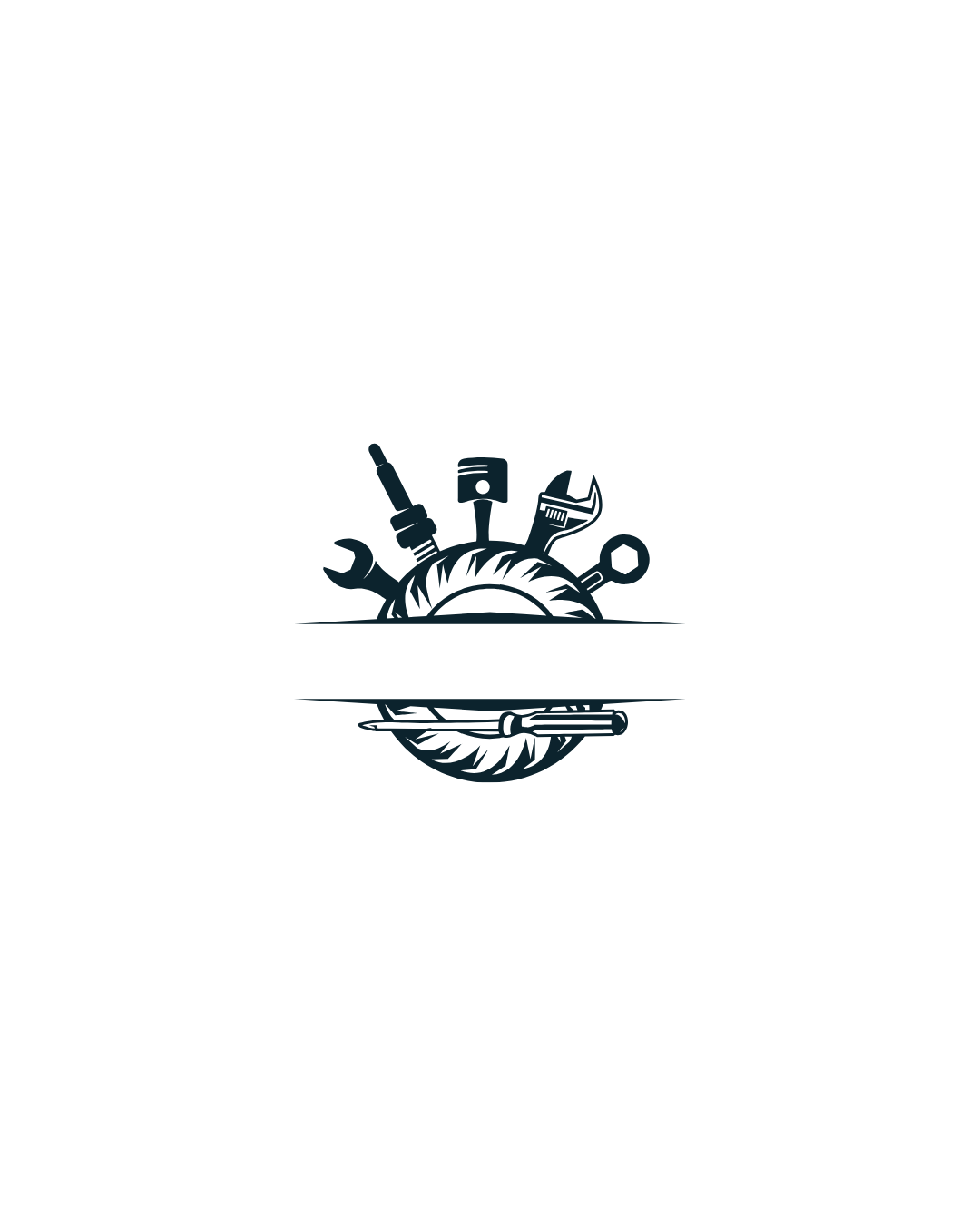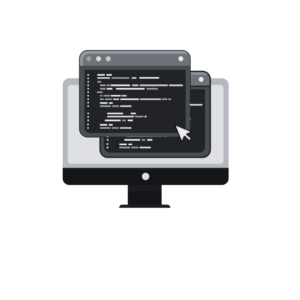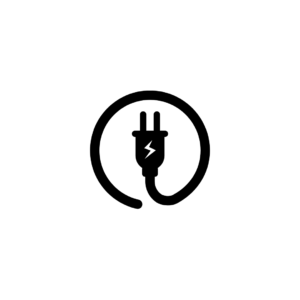Description
A Bachelor of Technology – Lateral Entry (B.Tech-LE) in Mechanical Engineering is a program designed for students who have completed a diploma in mechanical engineering or a related field. This program allows them to directly enter the second year of the B.Tech curriculum, enhancing their knowledge and skills in various aspects of mechanical engineering.
Curriculum Overview
The curriculum for a B.Tech-LE in Mechanical Engineering typically encompasses a combination of theoretical concepts, practical training, and hands-on projects. Here are some common subjects and areas of study in this program:
Engineering Mathematics:
Advanced mathematical concepts relevant to engineering, including calculus, linear algebra, and differential equations.
Engineering Mechanics:
Fundamentals of mechanics, including statics, dynamics, and strength of materials.
Thermodynamics:
Principles governing heat, work, and energy, and their applications in mechanical systems.
Fluid Mechanics:
Study of fluid properties, behavior, and applications in engineering contexts, including flow dynamics and fluid machinery.
Materials Science and Engineering:
Properties of engineering materials, their selection, and behavior under different conditions.
Machine Design:
Principles of designing mechanical components and systems, focusing on functionality, safety, and reliability.
Dynamics of Machinery:
Analysis of mechanical systems and machines, including kinematics and kinetics of moving parts.
Manufacturing Processes:
Techniques and technologies for manufacturing parts and products, including machining, welding, and additive manufacturing.
Heat Transfer:
Mechanisms of heat transfer (conduction, convection, radiation) and their applications in engineering design.
Control Systems:
Basics of automatic control systems and their applications in mechanical engineering.
Robotics and Automation:
Introduction to robotics, automation principles, and their applications in manufacturing and material handling.
Computer-Aided Design (CAD):
Using software tools for designing and modeling mechanical components and systems.
Capstone Project/Internship:
Practical experience through a project or internship, allowing students to apply engineering knowledge in real-world situations.
Career Opportunities
Graduates with a B.Tech-LE in Mechanical Engineering can explore a wide range of career opportunities across various industries, such as manufacturing, automotive, aerospace, energy, and consulting. Some potential job roles include:
Mechanical Engineer: Designing, analyzing, and improving mechanical systems and products.
Product Design Engineer: Focusing on the design and development of new mechanical products.
Manufacturing Engineer: Developing and optimizing manufacturing processes for efficiency and quality.
Thermal Engineer: Analyzing and improving thermal systems, including HVAC and heat exchangers.
Automotive Engineer: Working on the design and development of vehicles and their systems.
Robotics Engineer: Designing robotic systems for automation and manufacturing applications.
Materials Engineer: Selecting and testing materials for mechanical applications and processes.
Project Engineer: Managing engineering projects, ensuring they meet specifications, budgets, and deadlines.
Research and Development Engineer: Innovating and developing new technologies and products in the mechanical field.
Quality Control Engineer: Ensuring products meet quality standards through testing and inspection processes.
Further Education
Graduates may choose to pursue further education, including a Master?s degree in Mechanical Engineering or specialized fields such as Mechatronics, Robotics, or Thermal Engineering, to enhance their career prospects. Professional certifications can also provide additional credentials and skills.
If you have any further questions about the curriculum, potential career paths, or other aspects of a Bachelor of Technology – Lateral Entry in Mechanical Engineering, feel free to ask!









